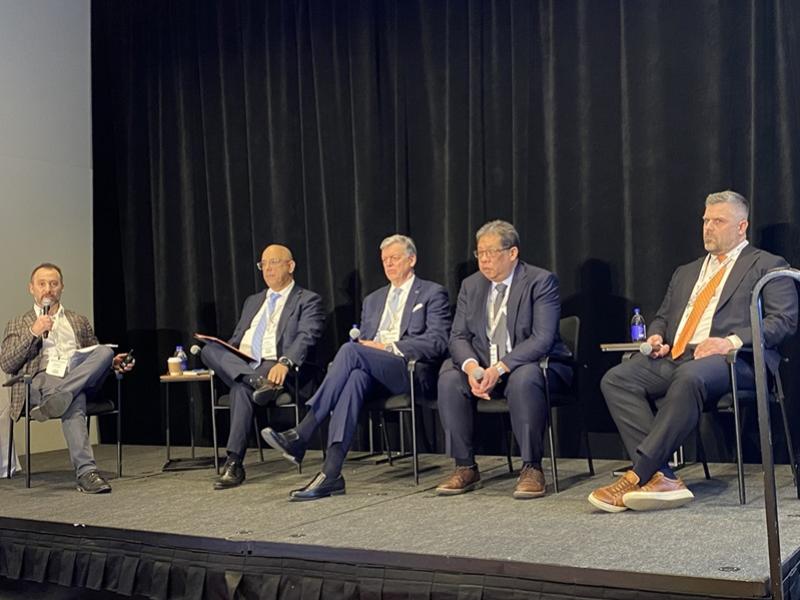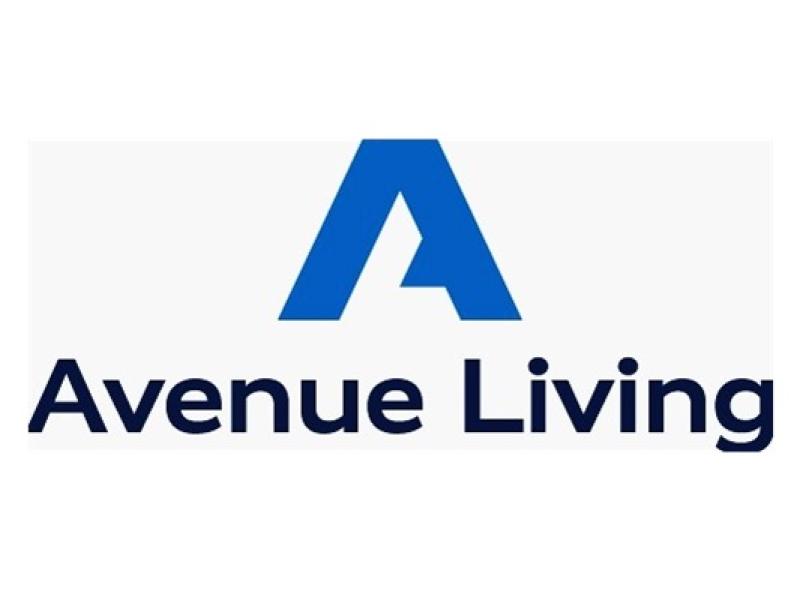On May 17, 2012 I posted an article on limitation periods for commercial lease defaults (see: https://tinyurl.com/to8pe28) and addressed a landlord’s right to collect “rent” arrears for up to 6 years after such arrears became “discoverable” under Ontario’s Real Property Limitations Act versus 2 years under Ontario’s Limitations Act.
In the recent 2019 decision in Stonequest Management Inc. v. Andritz vs Tech Hydro Limited, 2019 ONSC 3273, the issue of what constitutes “rent” for purposes of the applicable limitation period arose. The Court had to determine whether a claim for electrical utility arrears was subject to the general 2-year limitation period under the Limitations Act, or the 6-year limitation period under the Real Property Limitations Act (RPLA) for arrears of rent.
The Facts:
Andritz (the tenant) leased commercial space from Stonequest (the landlord) pursuant to an August 12, 2008 offer to lease. The tenant vacated possession at the end of the lease term on December 31, 2013.
Pursuant to the lease, the tenant had to “pay promptly all of its separate accounts for gas, water and electricity“. The same section of the lease also provided for separate meters. The Peterborough Utilities Commission (PUC) supplied the electricity for the premises and tracked the electricity’s flow through a central panel of meters, with one meter for each rental unit and another for the common elements.
In September 2011, PUC told the landlord “that there appeared to be a problem with respect to unlabelled or mislabelled meters at the property“. The landlord became concerned about whether its tenants were getting the wrong electrical bills each month. PUC then inspected the meters and found the meters were unlabelled or mislabelled (meaning that the meters were not attributed to specific or the correct units).
Nothing further was done until October 30, 2013 when the landlord made demand on the tenant for “perceived” outstanding hydro charges. On December 9, 2013, the tenant, relying on “statutory time bars” (expiry of the limitation period for bringing a claim) denied the landlord’s demand for payment of the utility arrears.
Prior to that, on November 28th, 2013, representatives for the landlord, the tenant and PUC met at the property and “load checks” were done on the unit and common area meters. The parties subsequently communicated on amended billing (the case does not state the amount in arrears) and the landlord acknowledged that “[i]t appears that it was an honest mistake and nothing intentional has occurred.”
The lease provided that: “all sums of money or charges required to be paid by the tenant under this lease shall be deemed and paid as additional rent, whether or not the same be designated “additional rent” hereunder, or whether or not the same be paid to the landlord or otherwise“. The clause then set out the agreed amounts for anticipated costs of property taxes and anticipated costs for maintenance, grass and snow removal.
In January 2016, the landlord issued a claim (two years and 13 days from the date the landlord knew or ought to have known of the claim) which the tenant defended and the matter “sat” until the fall of 2018 when the landlord filed a motion for summary judgment (a method intended to timely and cost effectively dispose of a matter where the court believes it can fairly and justly determine upon it without a full trial).
Issues:
- Was the landlord’s claim for the utility arrears statute-barred under the general 2-year Limitations Act period?
- Were the utility payments “rent” under the lease, thereby allowing the landlord to claim within the 6-year limitation period under s.17 of the RPLA?
The Decision:
- Yes. The landlord’s claim was barred as it was brought more than 2 years (i.e. 2 years and 13 days) after the claim was discoverable.
- No. Utility payments under the lease’s wording were found not to be “rent” and so the 6-year period under the RPLA did not apply.
As a result, the landlord’s claim for the utility arrears was statute-barred.
The Rationale:
- The landlord’s claim was commenced two years and 13 days after the claim was readily discoverable which is in excess of the general 2-year limitation period under the Limitations Act.
- S. 17.1 of the RPLA states: “No arrears of rent … in respect of any sum of money charged upon or payable out of any land or rent … shall be recovered by any … action but within six years next after the same respectively has become due…“
The Court explained how the Limitations Act and RPLA work together, as follows: “With the enactment of the Limitations Act, the legislature created a single, comprehensive general limitations law that is to apply to all claims for injury, loss or damage except, in relevant part, when the RPLA specifically applies… Thus, the application of the Limitations Act should be construed broadly and the RPLA narrowly… It would be inconsistent with this structure to permit the parties to shelter a claim under the RPLA simply by designating the disputed amount as “rent” under a lease… The word “rent” in the RPLA has an objective meaning that the parties cannot nullify by contract. It is telling in this regard that s. 17(1) of the RPLA does not apply to all actions under a lease but more narrowly to actions for arrears of rent” (emphasis added).
As a result, the Court found that:
- the recovery of the underpayment of the utility bill under the additional rent clause is an “overly broad interpretation of s.17” of the RPLA; and
- “… “rent” in s. 17 of the RPLA, as it applies to rent service or rent reserved, means the payment due under a lease between a tenant and landlord as compensation for the use of land or premises“(emphasis added).
The court also noted that the lease did not expressly state that “utility payments are additional rent“; instead, the lease provided that the tenant make such payments “directly to the [PUC]“.
Further, the Court said that the fact that an item of payment under a lease may not be “rent” for the purpose of the 6-year RPLA period does not preclude a landlord from pursuing remedies to collect the amount owed. Rather, whether or not a particular item is “rent” only affects the limitation period for recovery.
The Lessons:
- This decision is important (and troubling) for landlords, tenants, lenders and property managers given the effect on the limitation period for recovery of rent arrears. I have no indication as to whether the decision is being appealed.
- When drafting or reviewing a lease, consider how items payable to the landlord or 3rd parties are characterized (e.g. utilities). Are they expressly characterized as “Additional Rent”? Although the question remains, why do we need to state that if the lease defines “rent” to be anything payable by the tenant to anyone for the use of the premises?
- Do not wait to claim any arrears of lease payments for more than 2 years from the date it was “discoverable”. For that matter, landlords must not wait more than 3 months to act on rent arrears as the remedy of distraint is limited to 3 months’ arrears (plus 3 months’ accelerated rent of the lease provides for that).
- The 6-year period in the RPLA may not be relied upon for purposes other than for “rent” that is clearly payable as “compensation for the use of land or premises“. As the Court stated: “It would be inconsistent … to permit the parties to shelter a claim under the RPLA simply by designating the disputed amount as “rent” under a lease. For example, the landlord could not ask the tenant to babysit her children and include the remuneration for those services in the contractual definition of “rent” to avoid application of the shorter limitation period in the Limitations Act.” The court is saying there must be a nexus between the payment and use of the premises. I would have thought utilities payments met that test under a net lease.
Thank you to Thomas Witteveen, articling student, for assisting in the finalization of this article.
Disclaimer: This article is for general information purposes only and not intended as or to be relied upon for legal advice. Consult with a lawyer for your unique situation.
If there is a general real estate or leasing related question you would like to see addressed in a future article in “The Legal Corner”, please contact me directly by e-mail at dgold@robapp.com with your suggestion. Not all requests can be accommodated.







